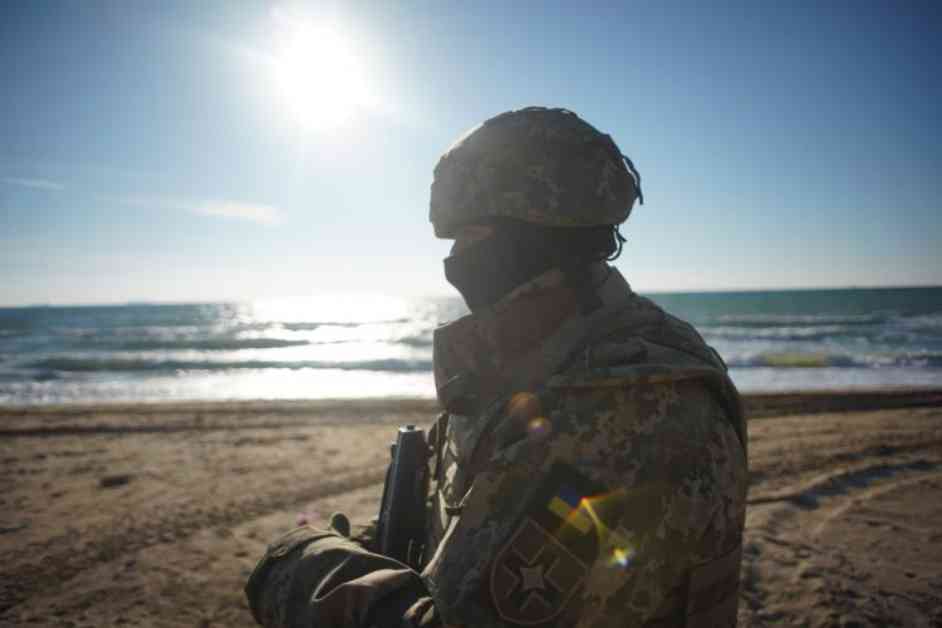**Russian Response to UK-Ukraine Cooperation in the Sea of Azov**
The Russian Foreign Ministry issued a stern warning on Saturday, January 18, in response to the recent announcement of a 100-year partnership agreement between Ukraine and the United Kingdom. The Ministry stated that there is no room for cooperation between Ukraine and Britain in the Sea of Azov, emphasizing Russia’s claim to the sea as its “internal waters.”
**The Rising Tensions**
The announcement of the partnership agreement between Ukraine and the UK on Thursday, January 16, has escalated tensions between the countries. Moscow’s assertion of the Sea of Azov as its own, despite its previous international recognition as Ukrainian territory before Russia’s annexation of Crimea in 2014, has raised concerns about potential future conflicts and questions about freedom of navigation in the region.
**Russian Standpoint**
The Kremlin expressed its unease about any potential deployment of British military assets in Ukraine under the new agreement, particularly in the Sea of Azov, which Russia considers its territorial waters. Foreign Ministry spokeswoman Maria Zakharova condemned any claims to the Sea of Azov as interference in Russia’s internal affairs and vowed to resist such actions firmly.
**UK-Ukraine Partnership**
British Prime Minister Keir Starmer’s commitment to enhancing security guarantees with Ukraine and allies in the event of a ceasefire with Russia has further strained relations with Moscow. The 100-year partnership agreement includes provisions for increased military cooperation to bolster security in the Baltic Sea, Black Sea, and Sea of Azov.
The situation remains tense as both sides stand firm on their positions, with potential implications for regional stability and international relations.
—
**Humanizing Touch:**
As tensions rise between Russia, Ukraine, and the United Kingdom, it is crucial to remember the human impact of these geopolitical disputes. Families living in these regions face uncertainty and fear as political tensions escalate. The prospect of military conflict looms large, disrupting the lives of ordinary people who yearn for peace and stability. It is essential for world leaders to prioritize diplomacy and dialogue to prevent further escalation and protect the well-being of those directly affected by these conflicts. Let us reflect on the human cost of war and strive for peaceful resolutions that prioritize the safety and security of all individuals involved.

















